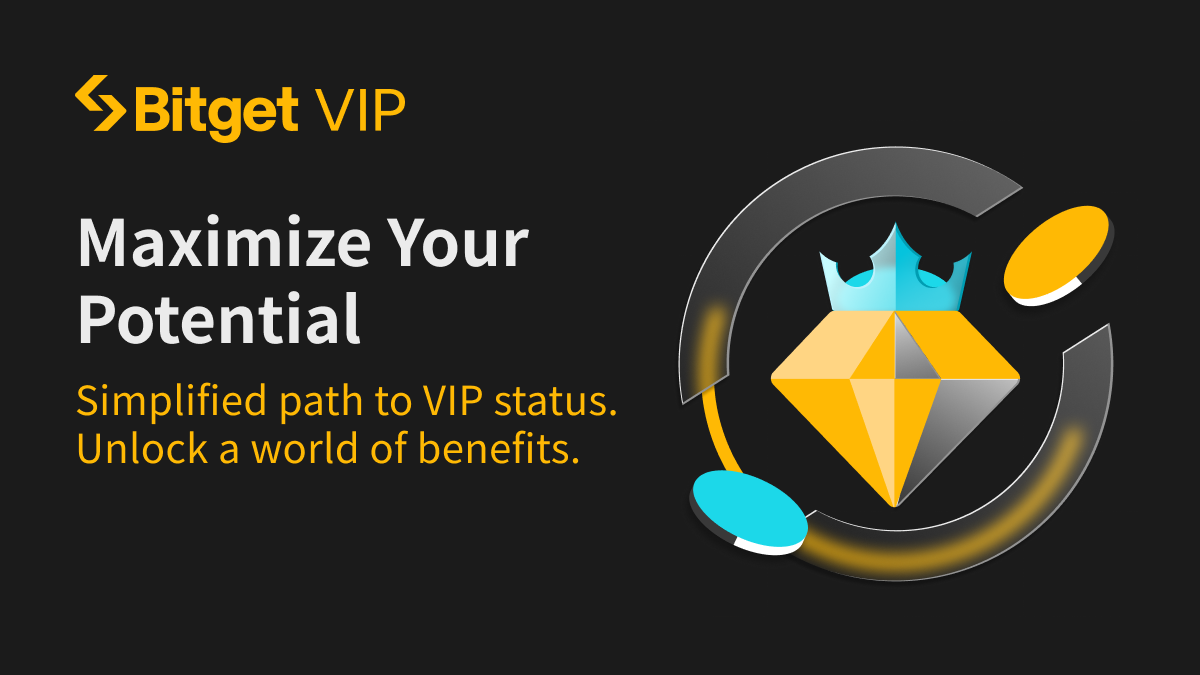Ethereum Tops New Crypto ESG Ranking, Bitcoin Slammed for Heavy Energy Usage
Crypto data firm CCData released the first institutional-grade scoring system that evaluates digital assets focusing on environmental, social and governance aspects.

topped the first institutional-grade crypto ESG ranking followed by and , while lagged due to its heavy energy usage, according to crypto data firm CCData’s research.
CCData’s inaugural , created in unison with the Crypto Carbon Ratings Institute (), was published on Thursday. It evaluated 40 of the largest, most liquid digital assets assessing parameters such as decentralization, security and climate impact.
The role of environmental, social and governance () mandates in investments is becoming increasingly prevalent, especially among institutional investors and large asset management firms. ESG-related assets under management could reach 33.9 trillion by 2026, a fifth of all investments globally, global accounting firm PricewaterhouseCooper (PwC) forecasted in a late last year.
Attendees at CoinDesk’s Consensus conference said that if crypto wants to capture new institutional money, it should also embrace ESG instead of hiding from it, the found. Notably, asset management giant , which is at the forefront of the push to register a , is a large proponent of ESG-focused investments.
CCData created the new crypto-focused to cater to this increased demand.
“The ESG Benchmark is a critical first step toward improving the resilience of the industry in the face of ESG challenges and criticisms from regulators, policymakers and media, who consider ESG requirements a top priority,” the report said.
The benchmark measured environmental, social and governance risks for and opportunities of digital assets, taking into account a range of metrics including decentralization, energy consumption, community engagement. Then, the points for each metric were aggregated and weighted for an overall score of maximum 100 points, making up the final grade from AA (best) and E (worst).
Assets with a BB or better grade were considered top-tier in the report.
Ethereum was the only blockchain that earned an AA grade, performing well in all three ESG factors. This is partly attributed to the network’s recent to proof-of-stake technology, according to the report, which slashed energy consumption and made miners obsolete.
Solana, Cardano and excelled in decentralization, granting them a top-tier A grade.
Bitcoin received a B grade, earning high scores in social and governance aspects but slammed for its heavy energy consumption and hardware need.
“This grading does not connote overall superiority, instead it represents a means of ranking digital assets according to ESG parameters,” the report said. “[It] equips investors with the tools needed to make informed decisions and allocate resources to assets which hold strong ESG scores.
Edited by Oliver Knight.
Disclaimer: The content of this article solely reflects the author's opinion and does not represent the platform in any capacity. This article is not intended to serve as a reference for making investment decisions.
You may also like
XRP Whale Activity Surges With Billions in Binance Deposits Per Day

$IMX Soars 24% in 4-Hour Rally – Can Immutable Lead the Next Web3 Gaming Boom?

VIPBitget VIP Weekly Research Insights
The Sui ecosystem has performed exceptionally well over the past six months, driven by a positive flywheel effect built on DeFi incentives, ecosystem partnerships, and support for high-quality projects. This cycle — subsidizing staking participation, boosting TVL and liquidity, empowering new projects with exposure and expanding its user base — has propelled Sui to the forefront. Currently, the market is speculating on a potential SUI ETF launch and anticipating another TVL milestone for the ecosystem. Recently launched Sui-based tokens, such as DEEP and WAL, have already been listed on Korea's leading exchange Upbit, demonstrating the strong backing and resources of the Sui Foundation. Additionally, an upcoming token unlock worth over $250 million has drawn further market attention. While large unlocks can trigger price concerns, as seen with Solana, SOL remains resilient, and many investors are optimistic about SUI's long-term price action. A post-unlock pullback could present an attractive entry point.

Ethereum (ETH) Price Prediction May 2025: Will ETH Break $2,100 or Face Rejection?

